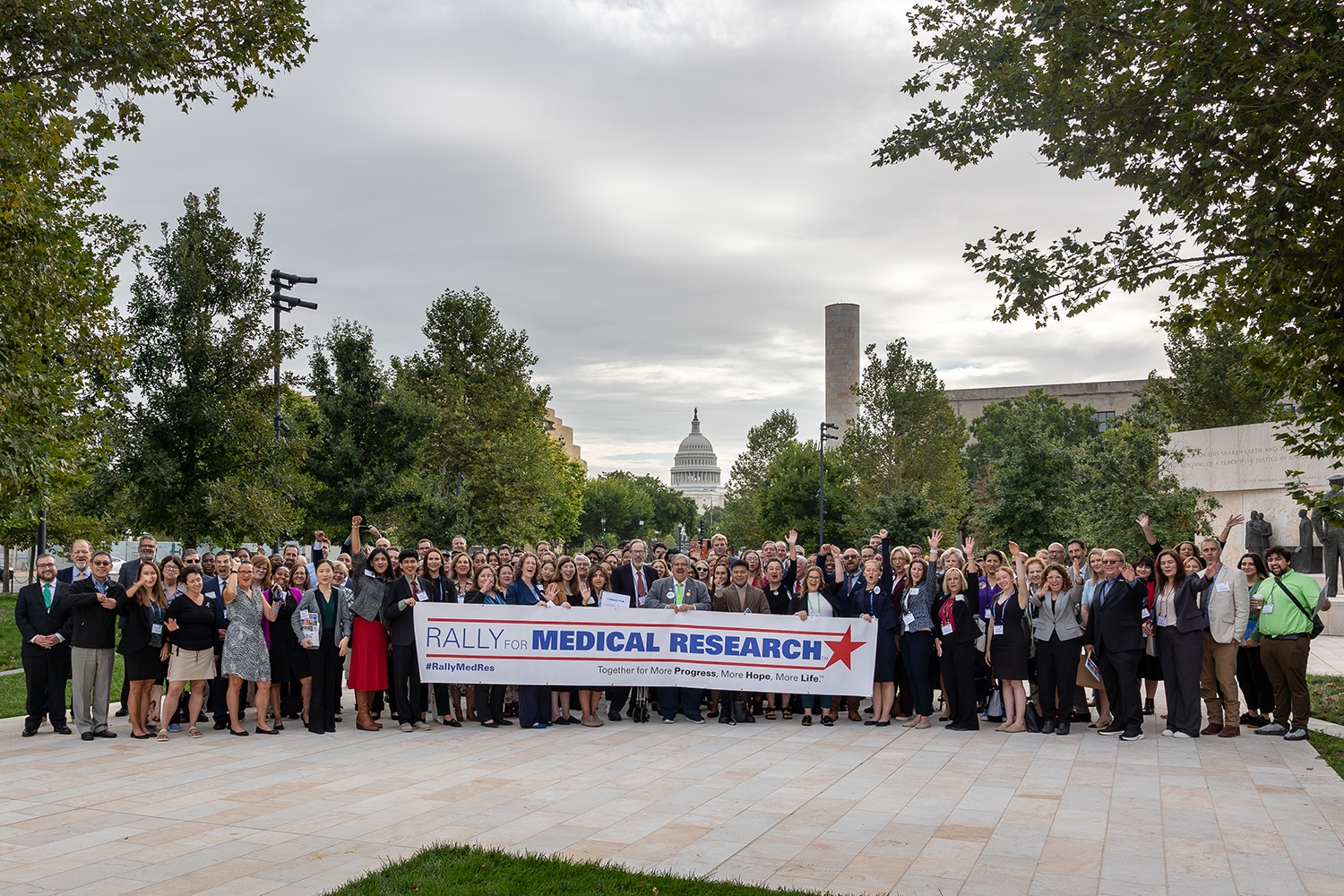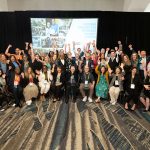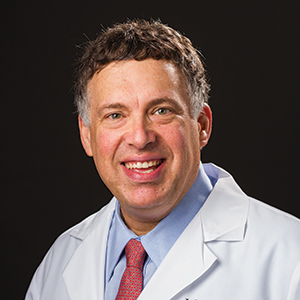-
Accelerating and Improving Drug Discovery
Forum for patient advocates explores how researchers are working to develop cancer treatments in a quicker, more efficient manner.
by Thomas Celona
-
Policy Matters
Clinical Trials That Reflect Real-world PatientsA recent article discusses challenges and practical solutions for working toward more diverse and equitable oncology clinical trials.
by Nicholas Warren, PhD
-
Making Clinical Trials Easier
Clinical trials can be hard to find, challenging to get into and difficult to complete. Patient advocates and their supporters want to change that.
by Cameron Walker
-
Get Involved
A Bountiful HarvestFood for the Cure provides fresh produce to people with cancer.
by Thomas Celona
-
Policy Matters
Reigniting the MoonshotPresident Biden proposes increased investment in cancer research and prevention to achieve the goals of the revised Cancer Moonshot.
by Roy S. Herbst, MD, PhD
-
Get Involved
Baked GoodnessSyreeta Harrison sells homemade cupcakes to fund care packages for people with cancer.
by Thomas Celona
-
Building Bridges
AACR Scientist↔Survivor Program celebrates 25 years of sparking conversations between cancer patients and researchers.
by Thomas Celona
-
Get Involved
Making Home a HavenDesigning Dreams performs bedroom makeovers for children with cancer.
by Thomas Celona
-
Policy Matters
Early-career Cancer Researchers Return to WashingtonAACR Early-career Hill Day allows associate members to visit Capitol Hill and advocate for medical research funding.
by Matt Gontarchick
-
Policy Matters
Stemming the E-Cigarette EpidemicAn updated AACR-ASCO joint statement recommends steps for policymakers to lower e-cigarette use among youth and young adults.
by Roy S. Herbst, MD, PhD
Cancer Talk
Treatment Combination Improves Survival in EGFR-positive Lung Cancer
Adding chemotherapy to targeted therapy improves outcomes for people with advanced EGFR-positive non-small cell lung cancer.
by Sandra Gordon
Lessons From 20 Years Living With CancerMultiple myeloma survivor Jonathan Gluck reflects on uncertainty, and the scientific progress that has kept him living with cancer for more than two decades.
by Eric Fitzsimmons
The Enduring Importance of Cancer Disparities ResearchOpening session from AACR conference highlights how perseverance and adversity have informed cancer disparities research over the years.
by Eric Fitzsimmons
Most Cancer Survivors Don’t Meet Healthy Diet GoalsDespite research linking fruits and vegetables to cancer survival, many people do not change their eating habits after diagnosis.
by Darlene Dobkowski















